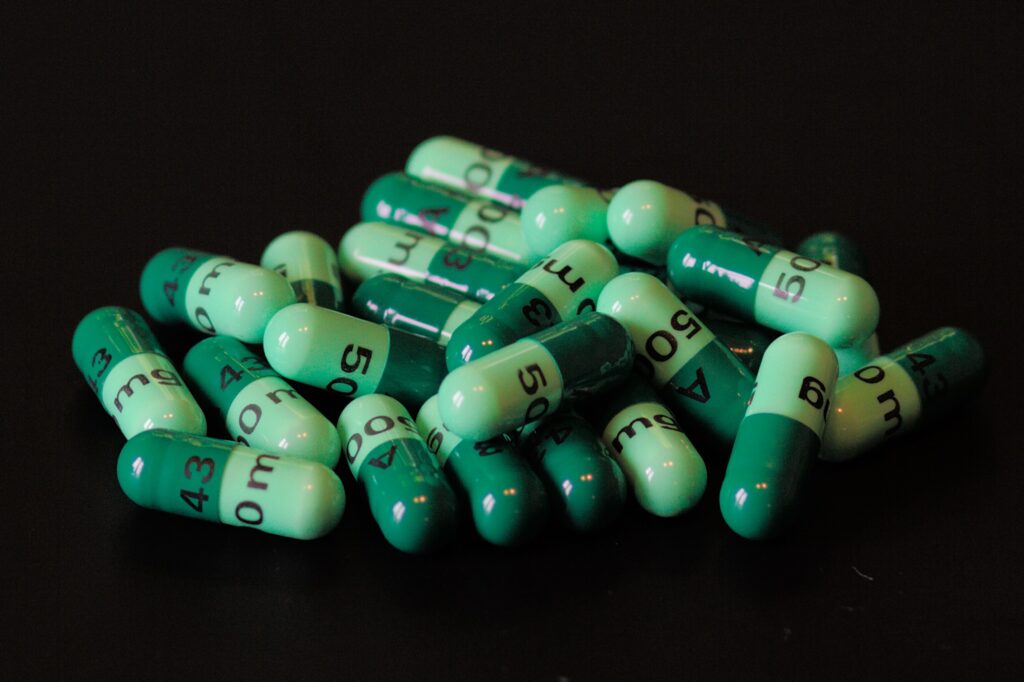Are there any supplements that can help regulate menstrual cycles and promote ovulation in women with PCOS?
Polycystic ovary disorder (PCOS) is many times portrayed by sporadic menstrual cycles and anovulation, leading to difficulties in ripeness and regenerative wellbeing. While ordinary medicines, for example, hormonal meds and richness drugs are generally used to resolve these issues, a few women with PCOS might look for normal other options, including supplements, to help regulate their menstrual cycles and promote ovulation. We investigate a few supplements vitamins to take for PCOS that have shown guarantee in such manner:

- Inositol, especially myo-inositol and D-chiro-inositol, has been widely read up for its consequences for menstrual routineness and ovulation in women with PCOS. Inositol supplements help re-establish hormonal equilibrium by improving insulin awareness and reducing androgen levels, the two of which are embroiled in menstrual abnormalities and ovulatory brokenness.
- Lack of vitamin D is normal in women with PCOS and has been related with menstrual abnormalities and ovulatory brokenness. Supplementing with vitamin D might help work on menstrual routineness and promote ovulation in women with PCOS. Studies have demonstrated the way that vitamin D supplementation can prompt upgrades in chemical levels, menstrual cycle length, and ovulation rates in women with PCOS, especially the people who are lacking in vitamin D.
- N-acetylcysteine (NAC) is a forerunner to the cell reinforcement glutathione and has been investigated for its likely job in improving ripeness results in women with PCOS. NAC supplements might help regulate menstrual cycles and promote ovulation by reducing oxidative pressure, restoring insulin awareness, and improving hormonal equilibrium.
- Omega-3 unsaturated fats, found in greasy endlessly fish oil supplements, have mitigating properties that might help women with PCOS. Inflammation is remembered to assume a part in the pathogenesis of best supplements for pcos and may add to menstrual anomalies and ovulatory brokenness.
While additional exploration is expected to completely understand the adequacy of supplements in regulating menstrual cycles and promoting ovulation in women with PCOS, preliminary proof recommends that certain supplements, including inositol, vitamin D, N-acetylcysteine, and omega-3 unsaturated fats, may offer advantages in improving fruitfulness results.
